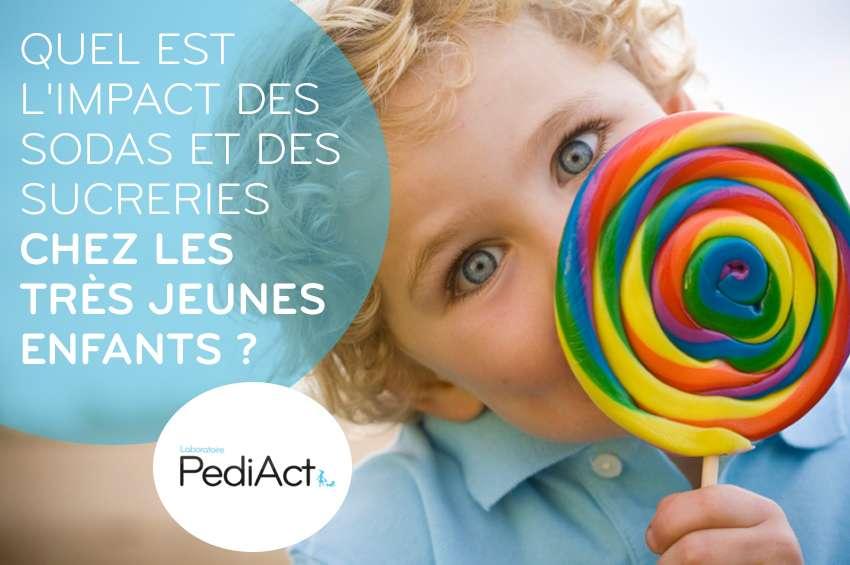Some infant milks are sweeter than sodas
If infant formula is subject to regulation and control. Few texts examine the sugar content of these drinks intended for infants and young children. And this creates a real public health problem according to researchers from Leed Beckett University.
Also read:
Sodas: an American fast food chain decides to remove them from the children's menuInfant milks sweeter than sodas
It is recommended that children be breastfed for at least the first 6 months of their birth life. For medical or personal reasons, some parents turn to powdered milk. The recipe for these foods is standardized to meet the nutritional needs of toddlers. But the team from the British university raises a major problem after analyzing 212 brands of infant milk sold in 11 different countries.
Half of the products contained more than 5 grams of sugar per 100 ml. In many cases, the sugar content exceeded 7.5 g per 100 ml, which exceeds the levels recommended by the European Parliament for infants.
The scientists specify, without giving the brand, that a milk intended for babies under 6 months sold in France had a sugar content of 8.2 grams per 100 ml, or nearly two teaspoons.

Ready-to-drink growing-up milk for under-12s had 8.1 grams per 100ml in the UK.
Gemma Bridge, author of the research writes in the article published in The Conversation. "Thus, several infant formulas included in our study contained more than double the sugar of well-known drinks such as Fanta Orange."
This abundance of sugar is problematic. Indeed, being fed sweet foods from an early age increases the taste and desire for sweets later on. However, this element increases the risk of developing many diseases in the long term such as obesity, type 2 diabetes, cancers or even dental diseases.
Infant milk: insufficient information and controls
Researchers also note that it is difficult to obtain clear information on the labels of infant milk. First, the fonts are often small, and therefore difficult to read. Furthermore, the data provided varied from country to country. For example, some products have indicated the sugar content per 100 grams while others state it in 100 kcal.
In addition, there is an International Code of Marketing of Breastmilk Substitutes, adopted by the World Health Assembly (WHA) of the WHO. This is a recommendation on the "minimum requirement" to have to protect infants. However, governments have not been obliged to put this charter in place.
Furthermore, the scientists lament "Even guidelines which are enforced by law, can be set aside by manufacturers, as they are not strictly controlled and have loopholes. In some cases, the manufacturers themselves have influenced their writing. Among other things, they point out that the industry has funded certain research on children's health or even provided free preparations to doctors.
Recommendations for improving infant formula
The article concludes "Our results are alarming, as are the potential negative impact of high sugar content on babies' health. We urge parents and caregivers to opt for breast milk whenever possible."
However, they also offer two recommendations for policy makers to ensure the health of babies whose families cannot breastfeed them.
French milks already pinned
This is not the first time that French and European infant formulas have been pinned. Last October, the Foodwatch consumer association revealed that two milk powders Nestlé and Danone contained toxic substances. Tests carried out by certified laboratories have revealed the “presence of hazardous mineral oils” for health.








